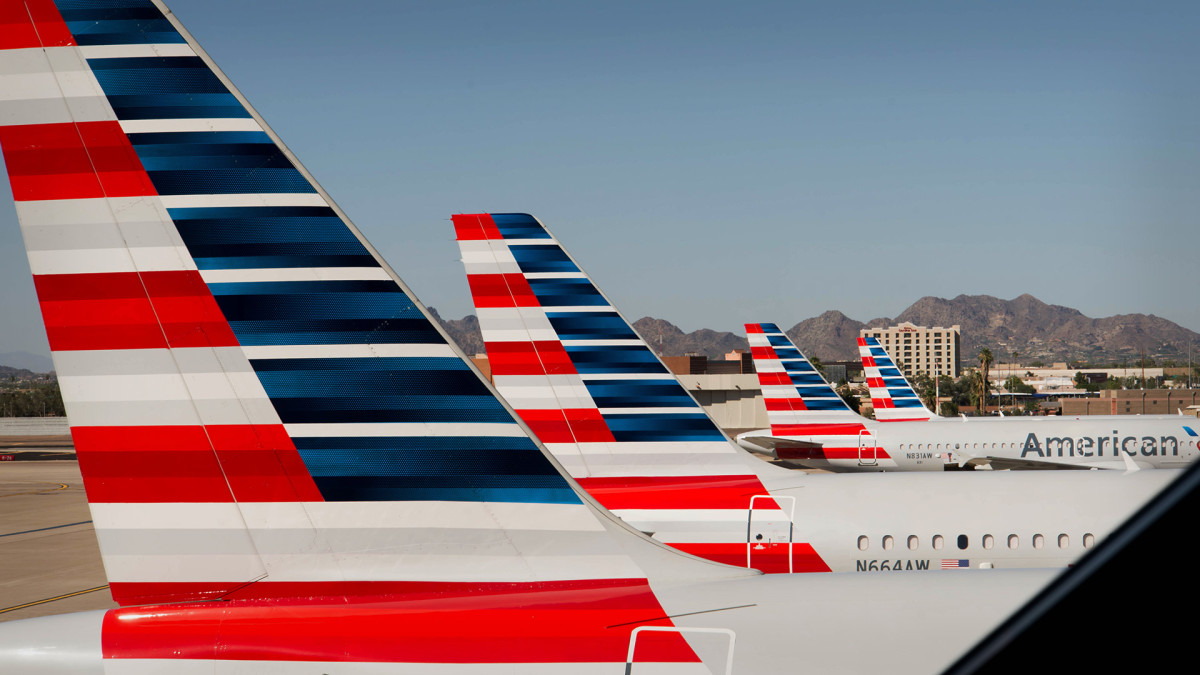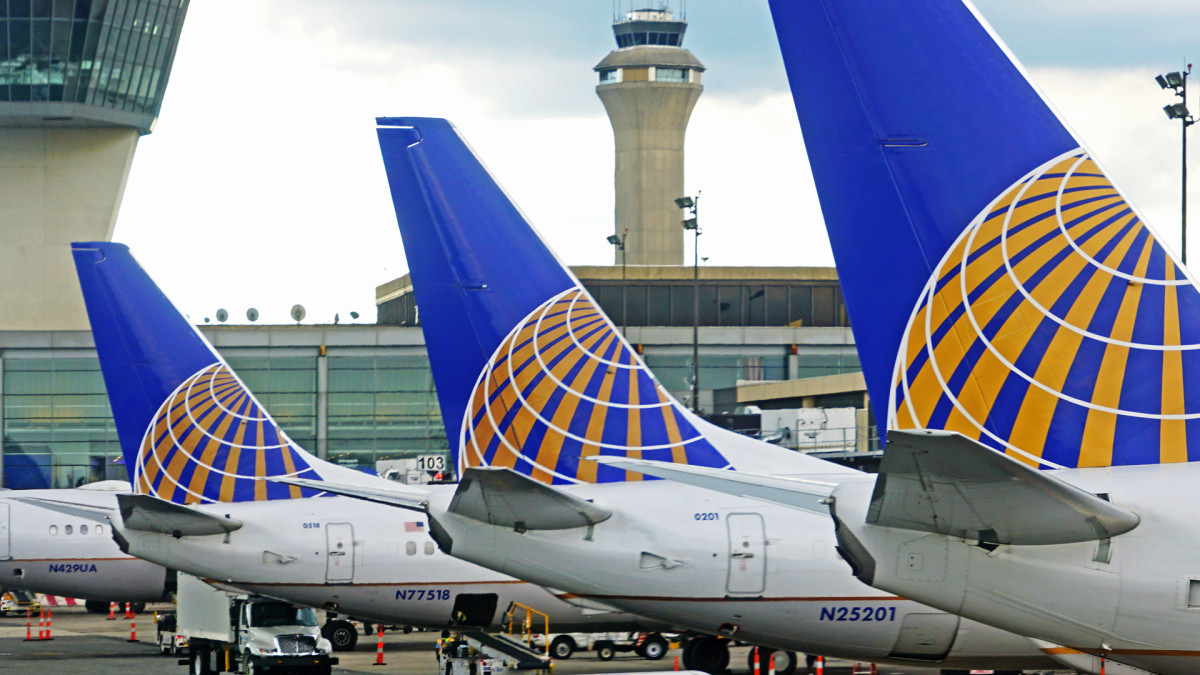
Airline pilots have a lot of leverage over their employers.
The number of pilot jobs outpaces the number of experienced pilots. That's not an easy problem to solve because the requirements to fly large passenger planes remain stringent, requiring 1,500 hours in the air to become a commercial airline pilot.
The situation worsened during the covid pandemic as thousands of pilots retired early and the pipeline to replace them ground to a halt. That situation gave the pilots unions at United (UAL) -), Southwest, Delta, and American Airlines the upper hand when it came to negotiating with their employers.
Related: American Airlines makes surprising change passengers will love
All four major airlines have successfully reached deals with their pilots unions.
That's recently played out as after protracted negotiations, strike threats (in the case of Southwest Airlines pilots), and sometimes harsh rhetoric, all four airlines signed new contracts with their pilots.
Each of the four companies has unique conditions, but it's fair to say that each contract helped set the broad parameters for the next one.
In the case of American Airlines, the pilots are getting a new perk more or less because United's pilots were able to negotiate for it. That's good for the pilots, but in this case the new perk hurts passengers.

Image source: Shutterstock
United and American pilots get first-class treatment
In their negotiations, pilots for both airlines fought for more than just higher salaries. They also wanted concessions on scheduling and other issues that relate to their quality of life.
Sometimes pilots have to travel between cities as passengers to get to their assigned flights. In many cases, pilots don't live in the city that serves as their home base, but that's considered "commuting," which is not the same as deadheading, which is when an on-duty pilot needs to be in a different city.
In these cases, the pilots are considered non-revenue passengers. Under their previous contracts, United and American pilots generally got the best available seats, but paying passengers had priority for first and business class.
That made sense because the airlines wanted to reward passengers for their loyalty over giving those seats to pilots.
Now, however, because United Airlines pilots were able to negotiate that perk, American pilots had the leverage to ask for it, too.
New contracts put pilots over passengers
Pilots for both airlines will be added to the top of the upgrades list when they deadhead. American disclosed this in an internal memo that made clear why it made the change.
"This is part of the recently ratified pilot contract," the memo said.
It's a change that's going to benefit American more than United, according to View From the Wing's Gary Leff, whose site obtained the memo.
"American Airlines gave this to pilots in their latest contract because United pilots already had it," he wrote. "But United at least got something from their pilots in exchange during the pandemic — flexibility in how they scheduled pilots to avoid furloughs and keep everyone flying and current, which benefited their operation and reliability."
That flexibility, he reported, should save United millions.
Pilots argued for the change by calling their deadheading trips "business travel." That's fair, but it's not like many companies don't require their workers to travel in coach or economy seats.
American Airlines pilots voted 72.7% in favor of the new contract with 95% of eligible pilots voting.
"On average, pilots will see an immediate pay raise of more than 21%," the Allied Pilots Association, American's union, said on its website. "Combined with increases in pilots’ 401(k) contributions and subsequent pay raises each May, pilot compensation rates rise by more than 46% during the contract’s duration. In all, the new contract will provide American Airlines’ pilots with approximately $9.6 billion in additional value versus the prior agreement."
Get exclusive access to portfolio managers’ stock picks and proven investing strategies with Real Money Pro. Get started now.







